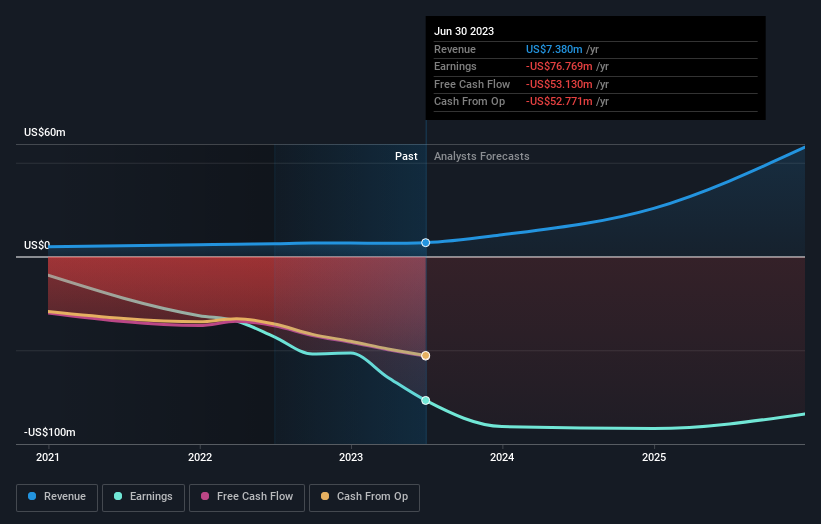Macron's Push For European Economic Independence: A Challenge To US Trade

Table of Contents
The Strategic Rationale Behind Macron's Vision
Macron's drive for European economic autonomy stems from a multifaceted strategic assessment. He envisions a more resilient and self-reliant Europe, less vulnerable to external shocks and capable of shaping its own economic destiny. This vision is underpinned by three key pillars: reducing reliance on US technology and supply chains, strengthening the Euro's global role, and promoting a more autonomous industrial policy.
Reducing Reliance on US Technology and Supply Chains
The EU's dependence on the US for crucial technologies and components, particularly in sectors like semiconductors and advanced software, presents a significant vulnerability. Macron’s strategy focuses on diversifying supply chains and fostering European tech sovereignty.
- Initiatives: The EU is investing heavily in domestic semiconductor production through the European Chips Act, aiming to boost its share of global chip manufacturing.
- Policies: The EU is actively promoting the development of its own digital infrastructure and encouraging the growth of European tech champions through various funding programs and regulatory frameworks.
- Diversification: Macron advocates for stronger trade relationships with countries beyond the US, seeking alternative sources of critical technologies and raw materials. This includes increased engagement with Asian and African partners.
Strengthening the Euro's Global Role
A key aspect of Macron's vision is diminishing the dominance of the US dollar in international trade and finance. Promoting the Euro as a global currency is seen as crucial for reducing Europe's dependence on US monetary policy and financial systems.
- Internationalization: The EU is actively promoting the use of the Euro in international transactions, particularly within the Eurozone and with key trading partners.
- Monetary Policy: Greater autonomy in monetary policy is sought to ensure the Euro's stability and competitiveness against the dollar.
- De-dollarization Initiatives: Macron actively supports initiatives to reduce the reliance on the dollar in international transactions, pushing for the Euro's increased role in global reserves and energy trade.
Promoting a More Autonomous Industrial Policy
Macron champions a stronger, more proactive EU industrial strategy. This involves fostering innovation, supporting strategic industries, and creating a competitive environment less reliant on US-led markets. This approach reflects a growing sentiment for "strategic autonomy" within the EU.
- EU Industrial Strategy: The EU is implementing various policies targeting specific sectors, such as renewable energy, aerospace, and artificial intelligence, aiming to build technological leadership in these key areas.
- Protectionist Measures: While emphasizing free trade, Macron supports strategic protectionist measures where necessary to safeguard European industries and technologies from unfair competition.
- Technological Leadership: The ultimate goal is to establish Europe as a global leader in key technologies, reducing its vulnerability to external pressures.
The Implications for US-EU Trade Relations
Macron's push for economic independence has significant ramifications for the transatlantic relationship, potentially leading to both increased friction and opportunities for cooperation.
Increased Trade Tensions and Potential Conflicts
Diverging economic strategies and policies between the EU and the US are likely to lead to increased trade tensions. This could manifest in various forms:
- Trade Wars: Disputes over tariffs, subsidies, and regulatory differences could escalate into larger trade conflicts.
- Protectionism: Both sides might resort to more protectionist measures, harming bilateral trade and investment flows.
- Sanctions: Divergent geopolitical stances could lead to the imposition of sanctions by one side against the other, further straining relations.
Reshaping the Transatlantic Relationship
Macron's vision challenges the traditional model of close economic alignment between the EU and the US, potentially reshaping the transatlantic relationship in fundamental ways.
- Strategic Partnership: The relationship might shift from one primarily based on economic interdependence to a more strategic partnership with both cooperation and competition.
- Power Dynamics: The EU's pursuit of economic independence could alter the power dynamics in the transatlantic relationship, leading to a more multipolar global order.
- Geopolitical Implications: The shift could significantly impact global trade patterns and geopolitical alliances.
Opportunities for Cooperation Despite Competition
Despite increased economic independence efforts, areas of cooperation between the EU and the US are likely to remain.
- Climate Change: Tackling climate change requires international collaboration, offering continued opportunities for joint action between the EU and the US.
- Energy Security: Ensuring energy security is a shared concern, potentially fostering cooperation in areas like renewable energy development and diversification of energy sources.
- Common Interests: Areas of shared strategic interest, such as cybersecurity and counterterrorism, provide fertile ground for continued cooperation.
Conclusion: Macron's Push for European Economic Independence: A Defining Moment for Transatlantic Relations
Macron's push for European economic independence represents a significant strategic shift, challenging the long-standing economic interdependence between the EU and the US. This drive, fueled by concerns over technological dependence, the dominance of the US dollar, and the need for a more autonomous industrial policy, has significant implications for transatlantic trade relations. While potential trade tensions and a reshaping of the relationship are foreseeable, opportunities for cooperation on shared interests remain. Understanding the intricacies of "Macron's Push for European Economic Independence" is crucial for navigating the evolving global economic order. We encourage further research into this topic and active engagement in discussions about its impact on the future of transatlantic relations. Learn more by exploring resources from the European Commission and the Organisation for Economic Co-operation and Development (OECD).

Featured Posts
-
 Why Did D Wave Quantum Qbts Stock Price Increase On Monday
May 21, 2025
Why Did D Wave Quantum Qbts Stock Price Increase On Monday
May 21, 2025 -
 Peppa Pigs Real Name A Surprise For Longtime Fans
May 21, 2025
Peppa Pigs Real Name A Surprise For Longtime Fans
May 21, 2025 -
 New Jersey Transit Strike Averted Tentative Deal With Engineers Union
May 21, 2025
New Jersey Transit Strike Averted Tentative Deal With Engineers Union
May 21, 2025 -
 Mum Jailed For Tweet Following Southport Stabbing Home Detention Denied
May 21, 2025
Mum Jailed For Tweet Following Southport Stabbing Home Detention Denied
May 21, 2025 -
 The Goldbergs A Comprehensive Episode Guide And Review
May 21, 2025
The Goldbergs A Comprehensive Episode Guide And Review
May 21, 2025
